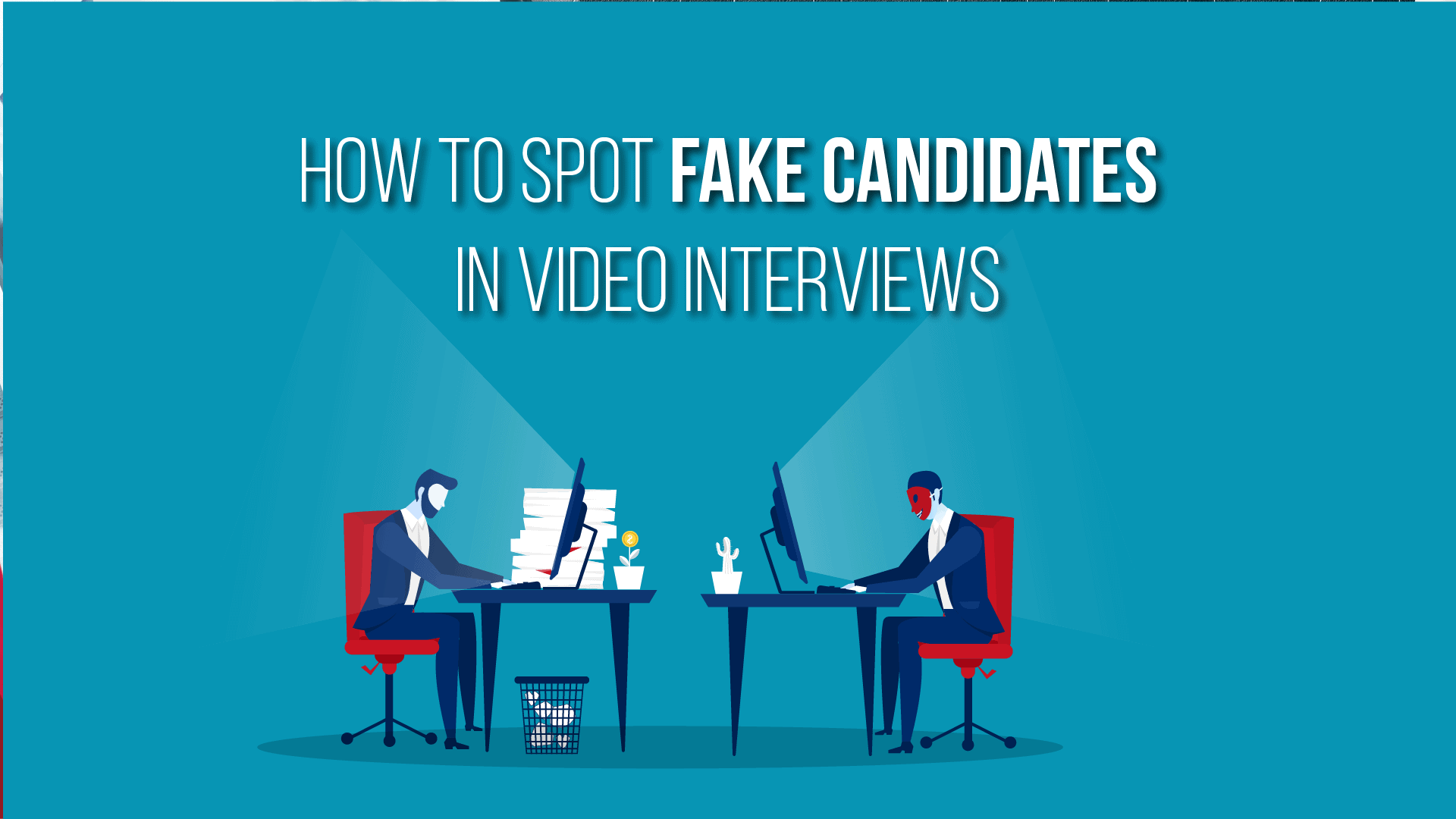Cheating one’s way into a position, at work or at school, still does more harm than good
Last year, 50 of the nation’s most rich and scandalous faced federal charges for their alleged involvement in the largest college admissions fraud in U.S. history. The allegations included everything from bribing exam proctors and university administrators to photoshopping students’ faces onto athletes’ bodies. “Operation Varsity Blues”, as it’s now known, pulled back the curtain on a fraudulent practice that recruiters and hiring managers have faced for years especially in the Information Technology (IT) sector.
A proxy interview is a practice of interviewing someone “other than the person about whom information is being sought”. Video chat platforms, such as Zoom, Skype, and Microsoft Teams, were once seen as the most foolproof methods of filtering and qualifying candidates. That’s no longer the case and the dramatic rise of video interviewing, made especially necessary in 2020, has only made things more difficult.
Zoom interviews and Teams chats made face-to-face interviews over long distances possible. In turn, they made relocation and remote work much more accessible and common. Video conferencing was on the rise, expected to more than double by 2027, even before COVID-19. Once the pandemic hit in early 2020, the prevalence of video interviewing unsurprisingly skyrocketed. Recent studies have already shown a 67% spike in video interviews since the beginning of the year. As this practice becomes more common, so does the problem of proxy interviews and fake candidates.
Candidates often treat interviews like an open-book test
Pseudo-programmers realize they can have cheat-sheets and answers to common questions readily available. This allows them to sound more knowledgeable than they actually are. The practice quickly evolved into bringing actual subject matter experts (SMEs), often peers, friends, or family members, into the room with them or feeding them answers through another chat window. We’ve even seen some go so far as to lip-sync the answers to every question asked during the technical interview.
The fake interview market
The process of faking interviews has grown so large that it even created a new market. Fake, proxy freelance interviewers, for nearly any technical subject, can easily be found and paid for online. Tutorials claiming to show “How to hack a Skype video interview – use a fake proxy!” are readily available on YouTube. There have even been claims that large agencies have formed to provide these “services” in physical locations here in Chicago.
With so much time, money, and energy being put into faking interviews one has to wonder… wouldn’t it just be better to learn the material?
Yes. Yes, it would.
Faking an interview does much more harm than good
We’ve written, at length, about the importance of a person’s digital reputation. Finding information about someone is easier than ever, more data is collected every day, and the more that digital footprint is distributed the harder it becomes to change or remove it. Soon, your digital footprint will be stored on an immutable blockchain preventing it from ever being truly deleted. Your cyber reputation probably played a role in getting the job you currently have and will almost definitely determine your next. Ruining that reputation with something like a fake interview could easily prevent you from finding the career you want, or even the job you need, both now and in the future.
Your reputation affects everyone around you
From friends and family to employers and professional organizations… any group you appear to be affiliated with can be judged, in the court of public opinion, based on your actions. The actual schools that parents were cheating their kid’s way into aren’t facing charges in the college admissions conspiracy. Regardless, prestigious universities such as Yale, Wake Forest, USC, Georgetown, and more are all taking drastic measures to distance themselves from the case. Some even spending countless dollars on internal investigations to ensure their reputation isn’t tarnished.
While the news of the higher education cheating scam shocked many Americans it came as no surprise to most in the staffing realm. Recruiters have, unfortunately, become accustomed to the fraud and deceit involved when you control a person’s access to school or work. Hopefully, shining a light on this practice shows those considering it that there’s a better way.
About the Company:
Peterson Technology Partners (PTP) has partnered with some of the biggest Fortune brands to offer excellence of service and best-in-class team building for the last 25 years.
PTP’s diverse and global team of recruiting, consulting, and project development experts specialize in a variety of IT competencies which include:
- Cybersecurity
- DevOps
- Cloud Computing
- Data Science
- AI/ML
- Salesforce Optimization
- VR/AR
Peterson Technology Partners is an equal opportunities employer. As an industry leader in IT consulting and recruitment, specializing in diversity hiring, we aim to help our clients build equitable workplaces.





